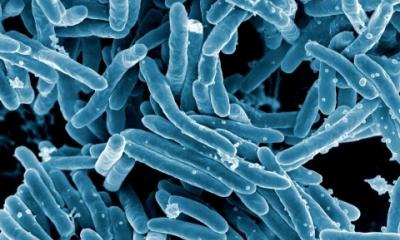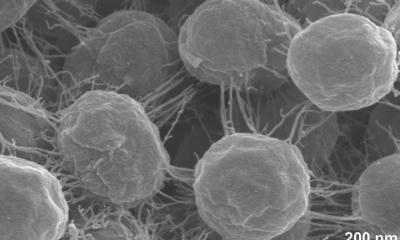Tracking TB bacterium from space
TB bacterium have a unique chemical coating and it is hoped that a tiny gas chromatograph mass spectrometer (GC-MS) - a detection device* developed for the Beagle 2, on its mission to Mars - will be able to pick this out from space, in a project run by Britain's Open University and the London School of Hygiene and Tropical Medicine.
A £1.34 million grant has been provided by The Wellcome Trust to test the technology.
The idea is that the now light, shoe-box sized GC-MS could, by detecting TB bacterium, raise the low diagnosis rate of this disease in developing countries. (Current use of microscopic examinations for TB fails to detect about 50% of cases, leaving infectious patients not only without treatment, but also to spread the disease).
* The Rosetta mission, which is aiming for a comet, is using a similar device to send back data on its chemical composition.
30.10.2007





